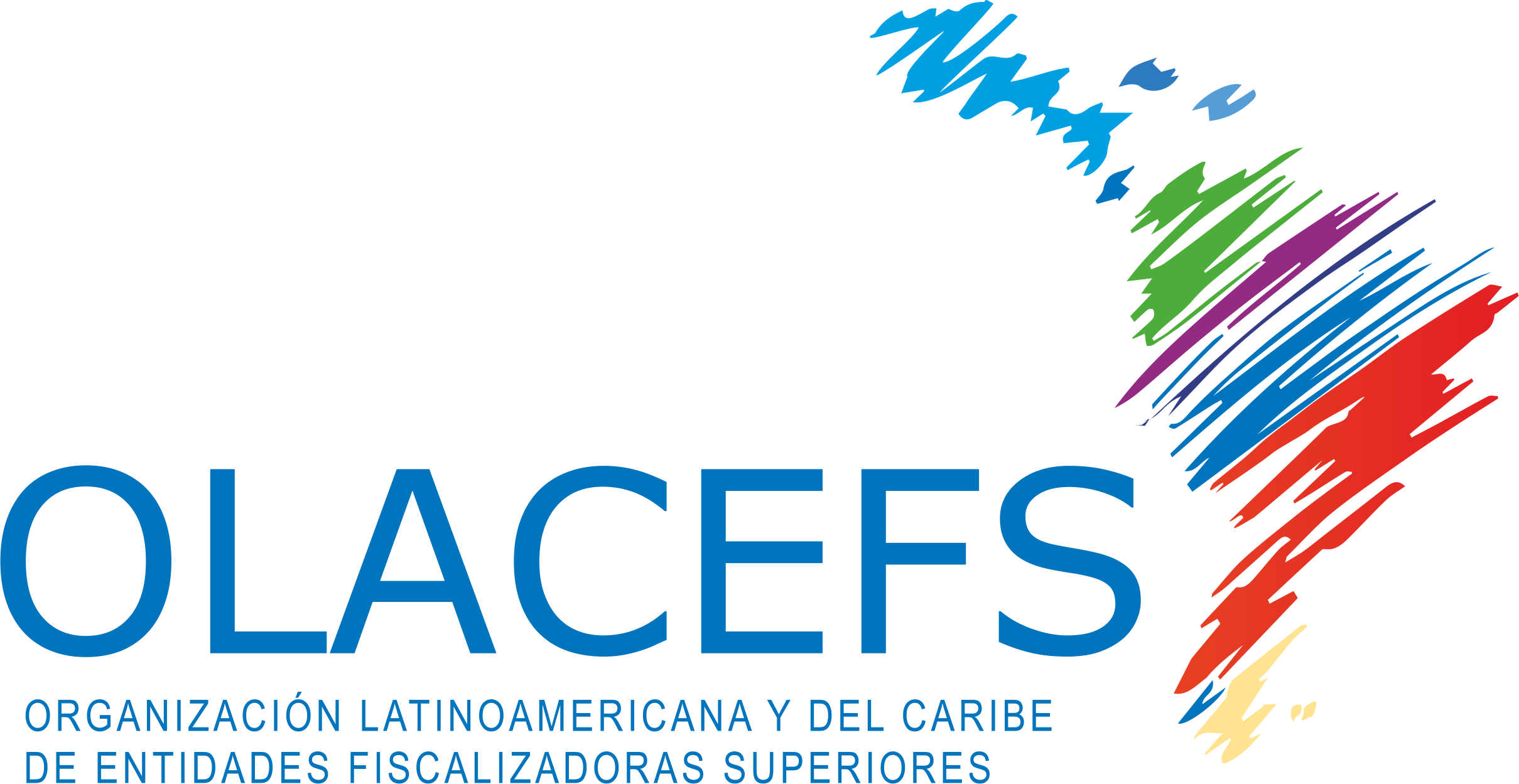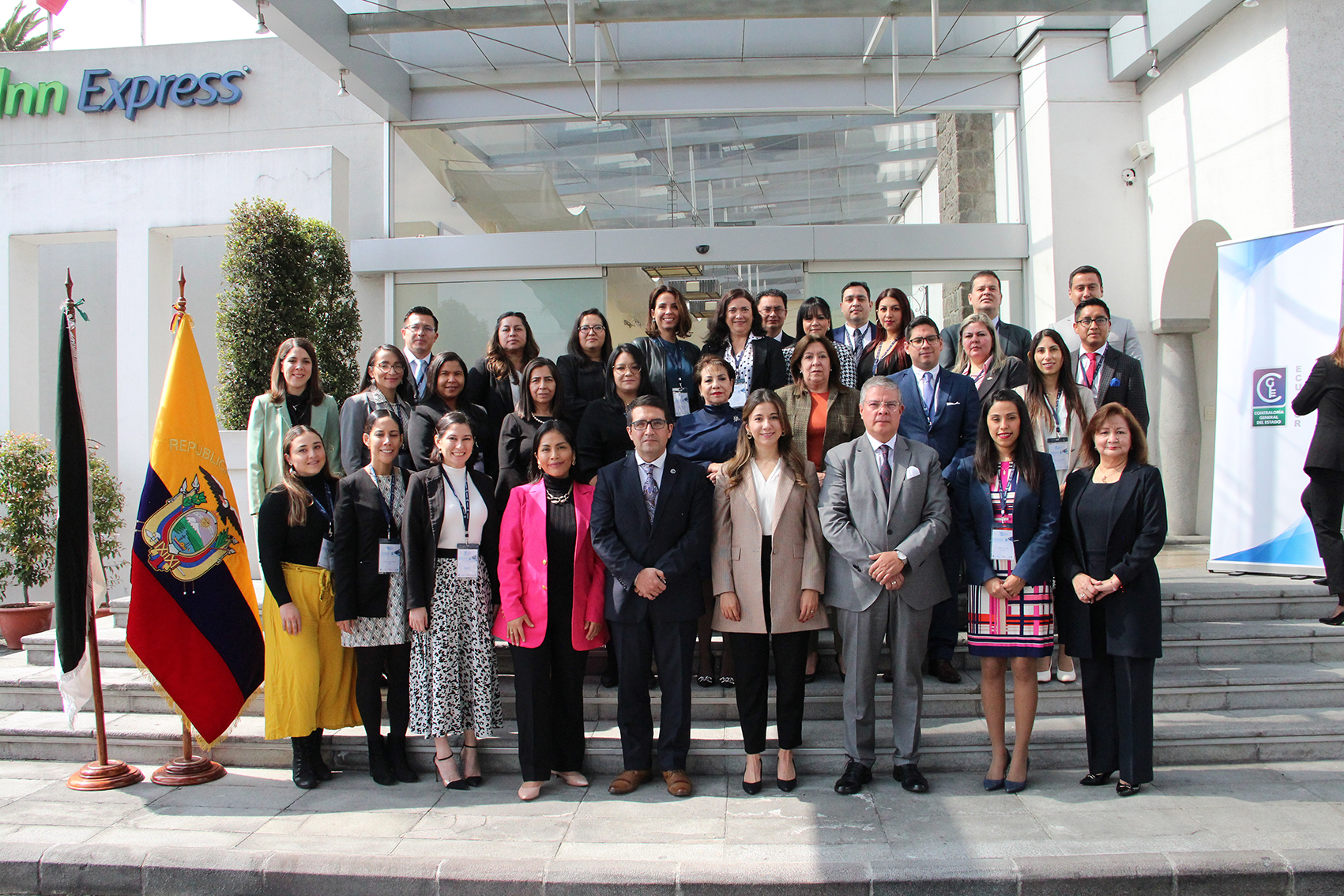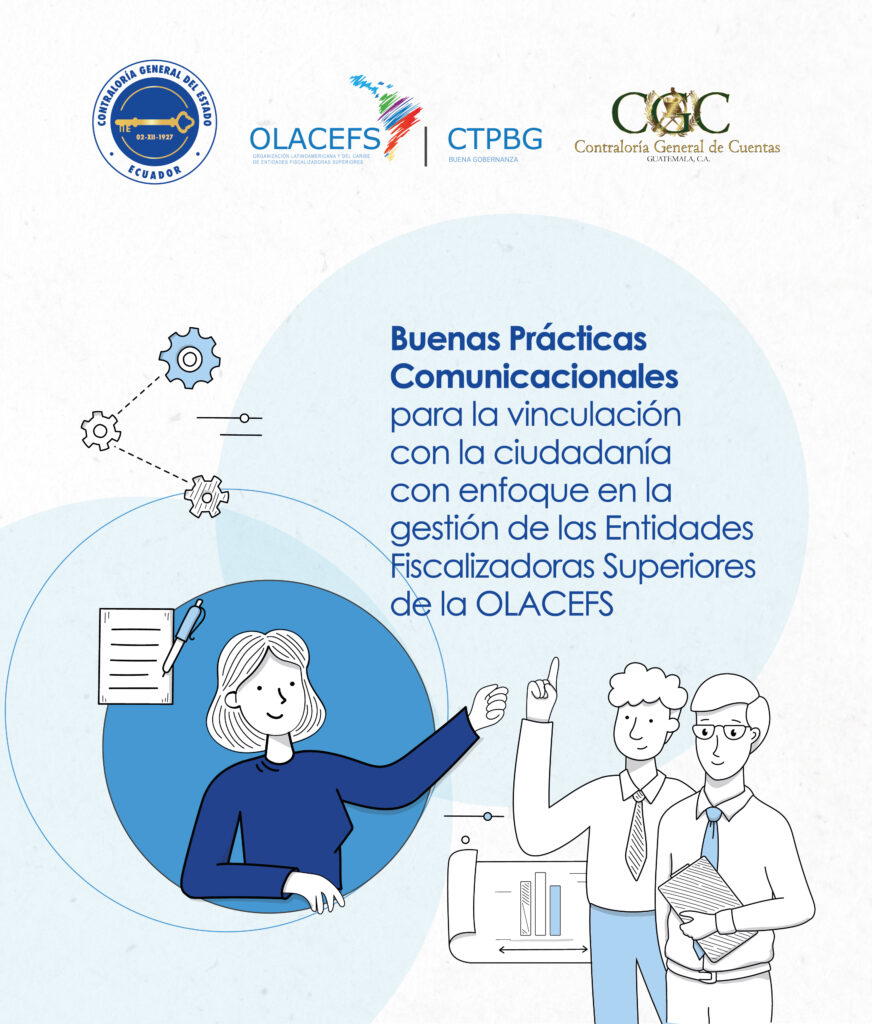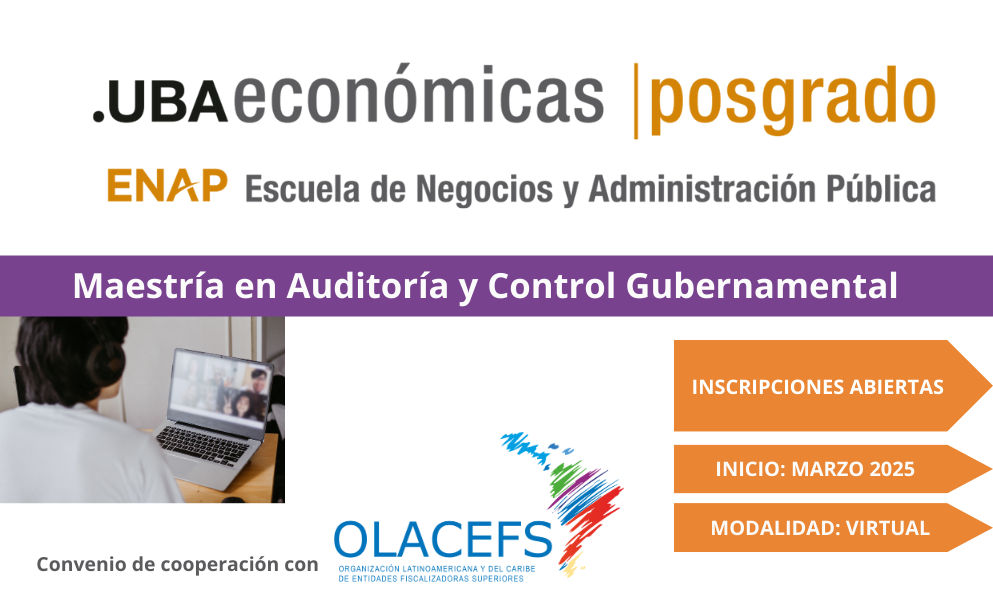From October 25 to 28, 2022, in the city of Quito, Ecuador, the Coordinated Audit Consolidation Workshop was held for the socio-economic aid programs implemented by governments in the framework of COVID-19. This initiative is part of the activities of the Technical Commission for the fight against Transnational Corruption (CTCT), together with the technical support of German Cooperation, GIZ, and was led by the Office of the Comptroller General of the State of the Republic of Ecuador (CGE).
These workshops were attended by the representatives of the audit teams of the seven countries that were part of the process: Argentina, Brazil, the Dominican Republic, Ecuador, Guatemala, Honduras, and Paraguay who discussed, consolidated, and validated the audit findings through the exchange of experiences, good practices and lessons learned. This made it possible to lay the foundations for the integration of the national reports and the regional consolidated report, considering efficiency and effectiveness criteria.
The opening ceremony was attended by Isabel Villar, representing the Presidency of the OLACEFS Technical Commission for the Fight against Transnational Corruption (CTCT), and included a virtual greeting sent by the Comptroller General of the Republic of Chile, Dr. Jorge Bermúdez. Lawyer Melissa Narro spoke on behalf of the German Cooperation, GIZ, mentioning the importance of the results of this coordinated audit and the potential for the development of new projects based on the recommendations and dissemination of regional results. On behalf of the Office of the Comptroller General of the State of the Republic of Ecuador, in charge of this initiative, the Comptroller General, Eng. Carlos Riofrío González, congratulated the efforts of the audit team and the coordination to carry out this work.
Following the inauguration, two technical presentations were made to recognize, on the one hand, the recommendations made by UNODC regarding the measures to be taken by States to strengthen controls on socio-economic aid during COVID-19 and, on the other hand, to recognize the relevance of monetary transfers as public development policies and the challenges for their sustainability. The first presentation was made by Ms. Saskia Núñez from the UNODC Office in Ecuador and the second by Isabella Romero and Lisette Villacrés, from the CGE.
During the working sessions, the general results of the audits carried out by each country were presented, for which a joint planning and methodology process was implemented to establish parameters for the comparative analysis. Conclusions, recommendations, and the identification of good practices at the regional level was one of the products developed and agreed upon by the seven countries through the signing of the minutes. On the last day, under the direction of Katrina Narguis, the importance of communication and the upcoming commitments for the dissemination of the results were discussed through a Communication Workshop, facilitated by GIZ.
For more information on the Coordinated Audit, please visit the following link.





